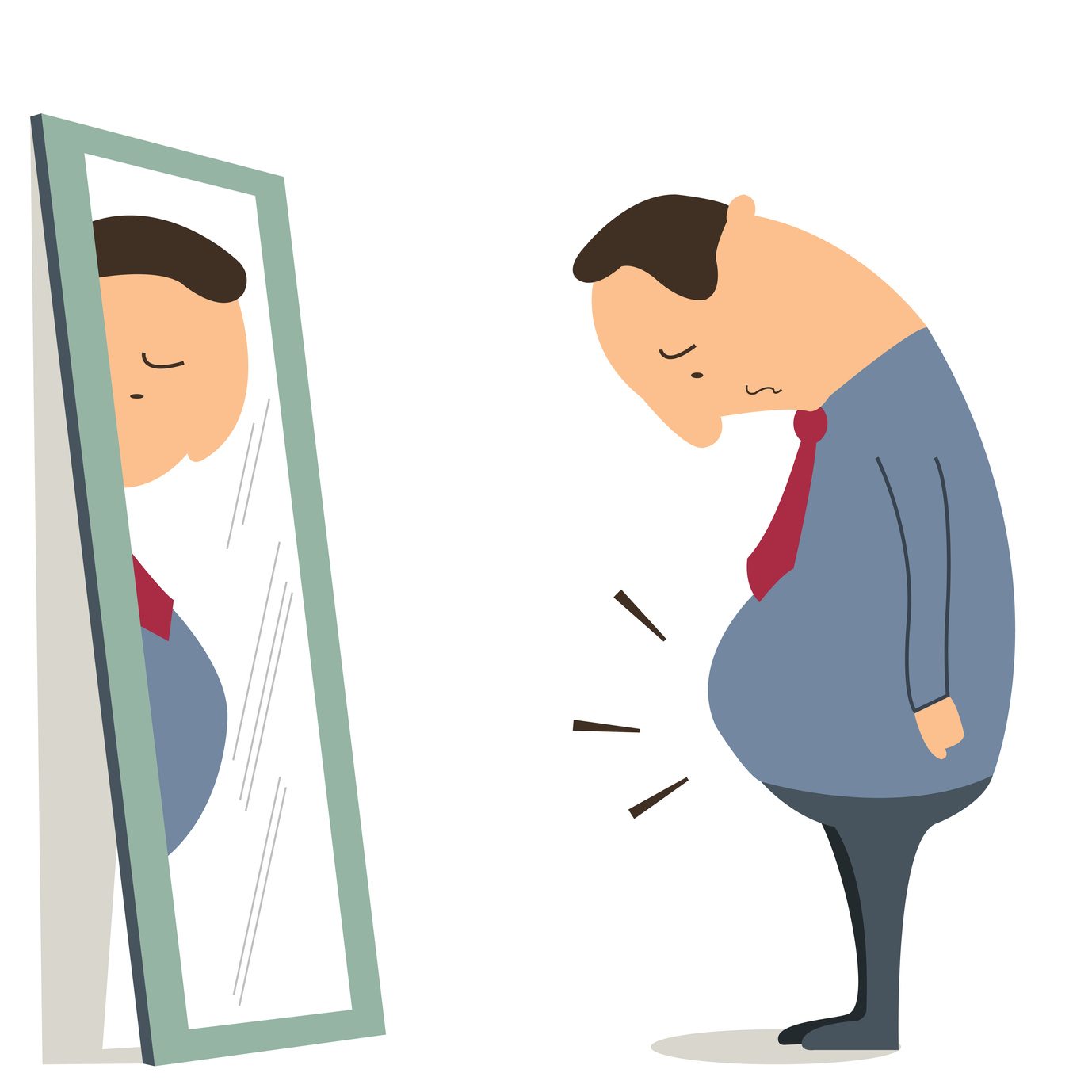Less Can Be More!
Less can be more – it’s all about the recovery!
An important element for optimum physiological gains is supporting your training with adequate rest.
Principles of adaptation states that when we undergo the stress of physical exercise our body learns, it adapts and becomes more efficient, its gets ‘stronger’ and ‘fitter’. Once it adapts over time to the given stress the body then requires additional stress to make progress. We increase loads, reduce reps and increase sets, you may run or cycle faster or for longer. However, there are limits to how much stress our bodies can tolerate before it breaks down and the incidence of injury is increased.
So we need to understand that the body repairs and strengthens itself in the recovery days between training, therefore continuous, vigorous high intensity, high volume exercise can actually weaken us to the point of developing signs and symptoms of an overuse syndrome/injury.
When we exercise our muscles microscopically tear under the overload of resistance or stress, energy stores are depleted and fluid lost. This is fine and to be expected, so don’t worry! Factoring in suitable recovery time allows these stores to replenish, if not the body will just continue to breakdown.
Signs to look out for when overtraining syndrome may be kicking in;
- Feeling washed out, tired, drained, lack of energy
- Continuous muscle soreness, increased aches and pains
- Joint pain
- Sudden drop in performance
- Insomnia
- Headaches
- Moodiness and irritability
- Decreased immunity (increased susceptibility to illness)
- Decreased training capacity and intensity
- Depression
- Loss of enthusiasm
- Increase incidence of injury
So whilst it is great to be 100% committed to frequent visits to FOF (I’m referring to 5 sessions or more) repetitive sessions pounding the pavements or smashing a long bike ride, just remember the importance of looking after yourself outside of the training stimulus. Rest, recovery and a balanced nutrient dense healthy eating plan are where stronger bodies are developed!
Now its not wrong to train hard, I’m not suggesting you suddenly drop from 4/5 session per week to just 2. We just need to train smart and factor in adequate rest periods and make sure we fuel ourselves appropriately, get regular sports massages, sleep 7-8 hours per night, eat a balanced diet full of nutrient dense foods, appropriate macro nutrients, generally higher in Protein (Protein synthesis, the process of increasing protein content of muscle cells helping to prevent soft tissue breakdown) carbohydrates and fats. For some, training hard for 3-4 sessions per week can be more beneficial than slogging through 5 average intensity sessions and then feeling drained. It’s easy to forget we need to balance work demands, general family life can be tricky causing external stress. It all takes its toll, we are not machines, down-time and recovery is vital!
At FOF we recommend for everyone 3-4 sessions of resistance based overload each week, supplemented with some form of cross training or cardiovascular work. Where possible a monthly massage, attention to flexibility and mobility, self-myofascial release (that’s foam rolling in normal language) additional supplementation in the form of multi vits, vit D, Omega 3, good quality pro-biotics for gut health and plenty of good old H2o, are all great in working towards continued optimal performance and overall health.
So keep training effectively, listen to your body, it’s a lifestyle long game not just quick fixes.
Healthy Regards
Dan



